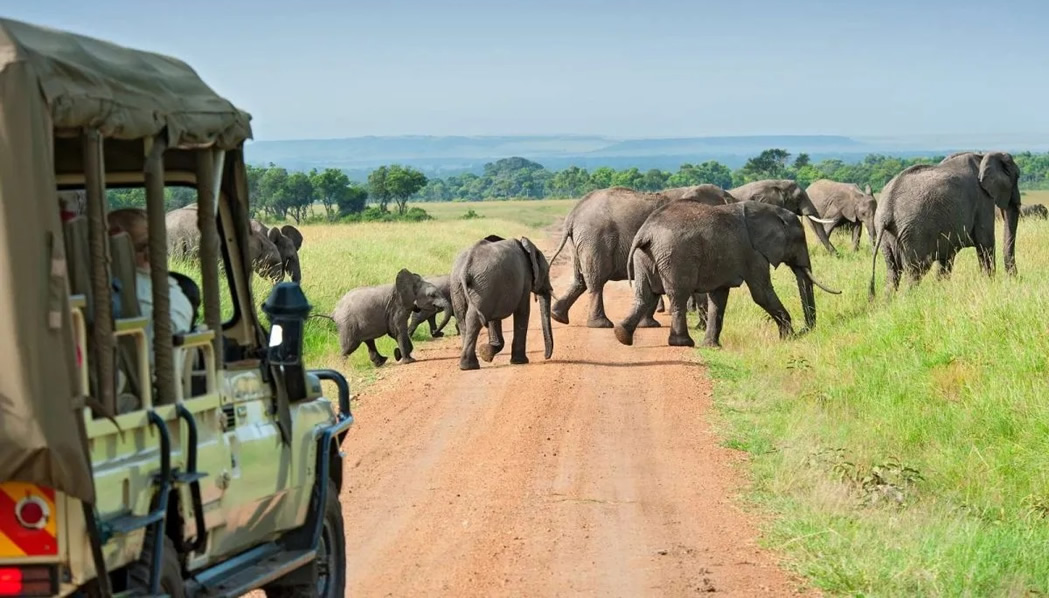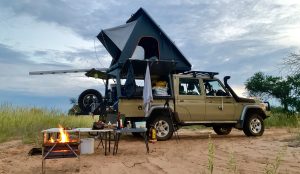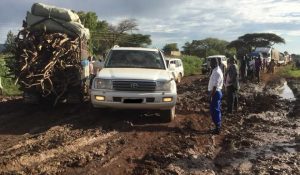
A safari to Africa often marks a lifetime adventure for most people in the world. However, it doesn’t mean that you must spend all your life savings to go on an African safari.
The tourism industry of the continent has promoted itself due to the variety of attractions the continent has to offer, depending on your budget, you will be able to enjoy attractions in Africa. The luxurious safari lodges and lavish tented camps. Additionally, the remoteness of some safari destinations, some accessible solely by small planes, can cause expenses to soar beyond the reach of most ordinary individuals. However, it is essential to recognize that it doesn’t necessarily have to be that way.
The perception of a good-value safari experience naturally differs among travelers. For those who prioritize necessity over high levels of comfort, the key might lie in choosing the best season to travel rather than focusing only on the destination and mode of travel. On the other hand, some travelers may find that a self-driving camping safari offers the best value. In such cases, it’s essential to consider the following factors when planning to maximize the value of your safari experience.
Choosing How to Travel

4×4 Camper Vehicle for Hire
In general, a self-drive safari, where you handle the organizing process of the safari yourself by arranging your transport and booking accommodation, typically offers better value than an all-inclusive safari, especially in the budget or mid-range price categories. However, at the top end of the market, this difference may be less pronounced.
The price-to-quality ratio of a safari can also be influenced by transportation considerations. Renting a 4×4 camper vehicle for a self-drive safari in Africa may cost a bit a lot of money, but it covers both accommodation and transport in one package. On the other hand, remote destinations that cannot easily be accessed by a vehicle and when it necessitates a flight can drive up costs due to the expenses involved in getting there and provisioning the camp, which ultimately gets passed on to guests.
Determining the value of a safari experience depends on the perspective of the travelers. Are the advantages of a remote and exclusive safari worth the substantial costs? Is 4×4 camping too burdensome, regardless of how affordable the cost may seem? Every traveler will have their own opinion on where the best value lies in such cases.
Choosing When to Travel

Driving in Rainy Season in Africa
The timing of your safari can significantly influence its cost, often more than its actual quality. Seasons vary depending on the destination, providing opportunities to leverage regional differences for financial benefits without compromising your wildlife goals. For instance, in Botswana, while June to September constitutes the high season in Chobe National Park and the Okavango Delta, it coincides with the Kalahari’s winter, making it the low season for many lodges in and around the Central Kalahari Game Reserve. During this period, wildlife watching remains just as remarkable, albeit with slightly cooler temperatures during morning game drives. Moreover, in the Delta, the rains rarely continue into May or June, making it an excellent and more affordable time to visit.
If you are open to weather risks, the months of November through January are always associated with the ‘shorter’ rains in East Africa and Southern Africa. While there might be occasional rain in the afternoon, they seldom severely limit safari possibilities. Even during the heart of the rainy season, there’s always a chance of clear skies. For example, Kenya and Tanzania may have blue skies in April, and you can enjoy national parks with fewer crowds, virtually to yourself, while still encountering abundant wildlife that will keep your safari more enjoyable.
